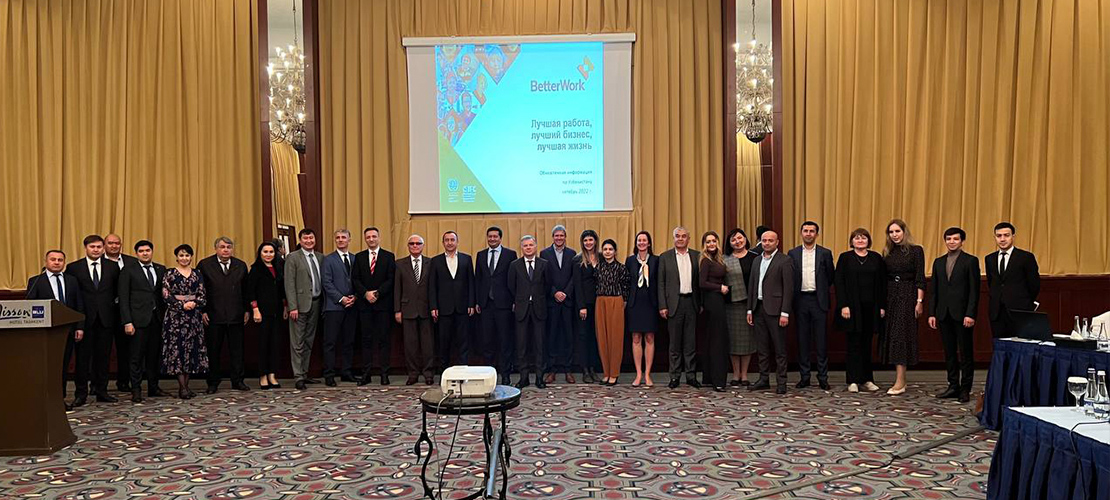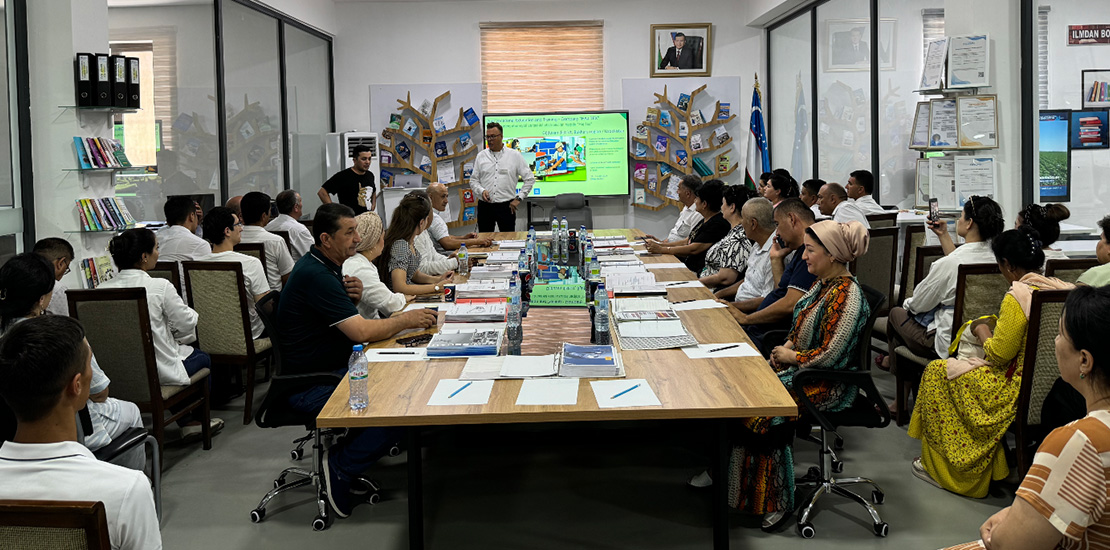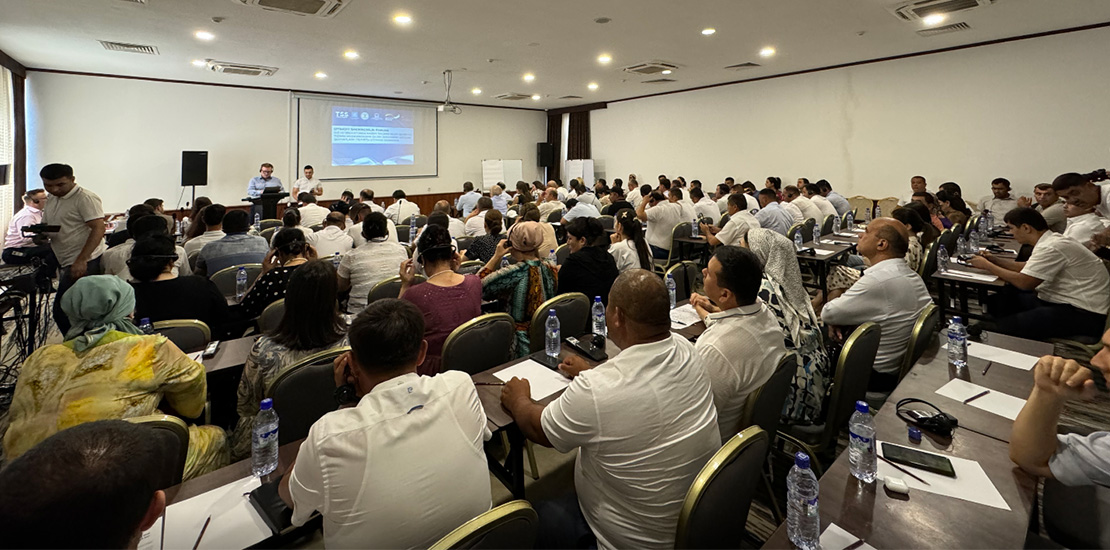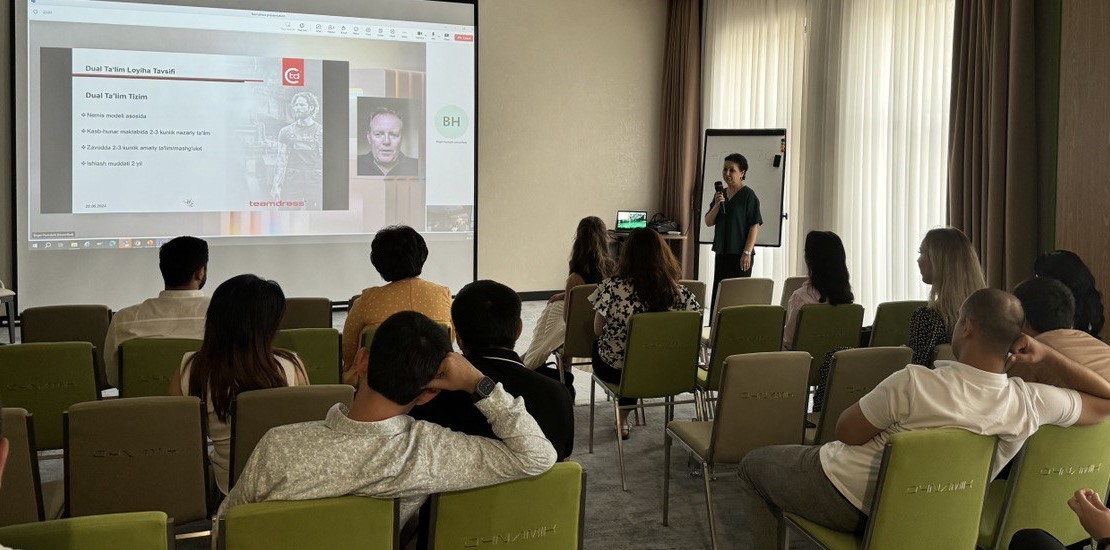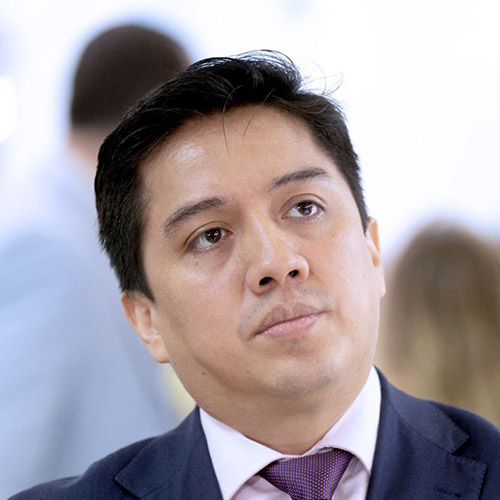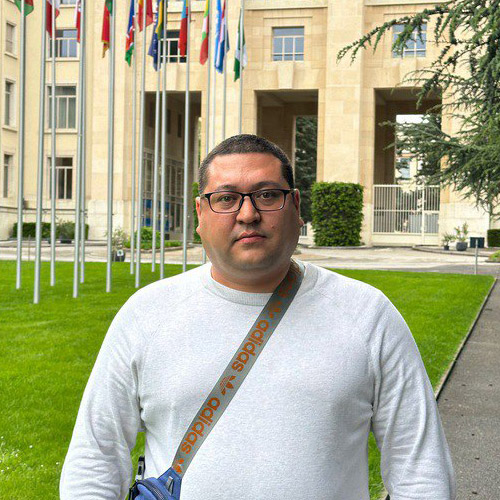- 27.06.2024
A Year of Progress: Uzbekistan’s textile industry marks first anniversary of landmark labour agreement
A year after signing an agreement with Better Work and the Federation of Trade Unions of Uzbekistan (FTUU), Uzbekistan is making strides in improving working conditions and positioning itself as a competitive player in the global apparel market.
TASHKENT – Uzbekistan’s textile and garment industry has celebrated the first anniversary of a landmark agreement to improve working conditions and labour rights. The Memorandum of Understanding (MOU), signed by the Better Work programme, the FTUU, and the Uzbek government, marked a significant step in Uzbekistan’s plans to add value to its established cotton industry and emerge as a key global sourcing destination for apparel production. Better Work is a partnership programme of the International Labour Organization (ILO) and the International Finance Corporation (IFC).
With the backing of Better Work, Uzbekistan’s industry is already attracting the interest of international buyers. The Walt Disney Company has recently included Uzbekistan in its list of approved sourcing countries, provided the sourcing factories are enrolled in the programme.
“If progress on labour standards continues, Uzbekistan is well placed to become an important supplier to global markets, especially Europe,” explains Yousuf Abu, who heads the country programme for Better Work. “Since the lifting of the cotton ban, the country is already in a strong position with short lead times and competitive prices.”
Until 2022, international brands and retailers boycotted Uzbekistan due to concerns about evidence of child and forced labour in the country’s cotton industry. After an extensive review by the ILO and other organizations, it was confirmed that the country had made substantial progress in addressing labour rights violations. Uzbekistan now enjoys tariff-free access to the European market for cotton garments. A recent IFC study found it the most competitive of all Europe’s garment suppliers in terms of freight costs and import duties, partly due to an Uzbek government policy of subsidizing transport costs.
The anniversary capped off a busy month for the programme, which is financially supported by the World Bank and the European Bank for Reconstruction and Development (EBRD). The Programme Advisory Committee (PAC), comprised of representatives of the Ministry of Employment and Poverty Reduction, FTUU, and the Confederation of Employers of Uzbekistan (CEU) held its inaugural meeting on May 14. This meeting was an opportunity to discuss the current challenges and opportunities within the industry.
“The past year has been an important one for our industry,” said Bakhtiyor Makhmadaliev, Deputy Chairman of the FTUU. “Our partnership with Better Work is not only improving working conditions in enrolled factories but also strengthening our union’s ability to organize and represent all workers.”
Similarly, Ilkhom Khaydayrov, CEU Board Chair, supports Better Work’s ambitions for the industry. “Our goal is to organize not just decent work , but the best possible working conditions,” he said.
Mirmukhsin Sultanov, acting Chairman of the Association Uztextileprom, also acknowledges the broader impact of constructive dialogue and respect for rights at work: “The move towards sustainability has expanded to the entire value chain. Many of our companies are keen to comply with ESG requirements, obtaining relevant certifications and adopting decent work practices to ensure that Uzbekistan meets global guidelines for sustainability and ethical production.”
The Committee was presented with a report summarizing the programme’s progress since its launch in June of 2023. Highlights included a fast-tracked feasibility study, new factory enrolments running ahead of target, and increased interest from international buyer partners.
Also, in May, the first set of assessments from participating factories was published. Five enterprises have completed their first review, providing a detailed snapshot of current non-compliance rates. The findings highlight existing problems in the industry, including a lack of health and safety protections and issues regarding contracts and fair pay. This further calls attention to the necessity for targeted interventions to elevate safety standards and ensure fair treatment and remuneration of workers.
“As we move into the second year of the MOU, the focus will shift towards sustainable integration of these industry practices and further enhancements of productive dialogue,” added Abu. “With the right approach, we are optimistic that Uzbekistan can take its place among key supplier nations for textiles and apparel.”
Taken from the source: https://betterwork.org/a-year-of-progress-uzbekistans-textile-industry-marks-first-anniversary-of-landmark-labour-agreement/

